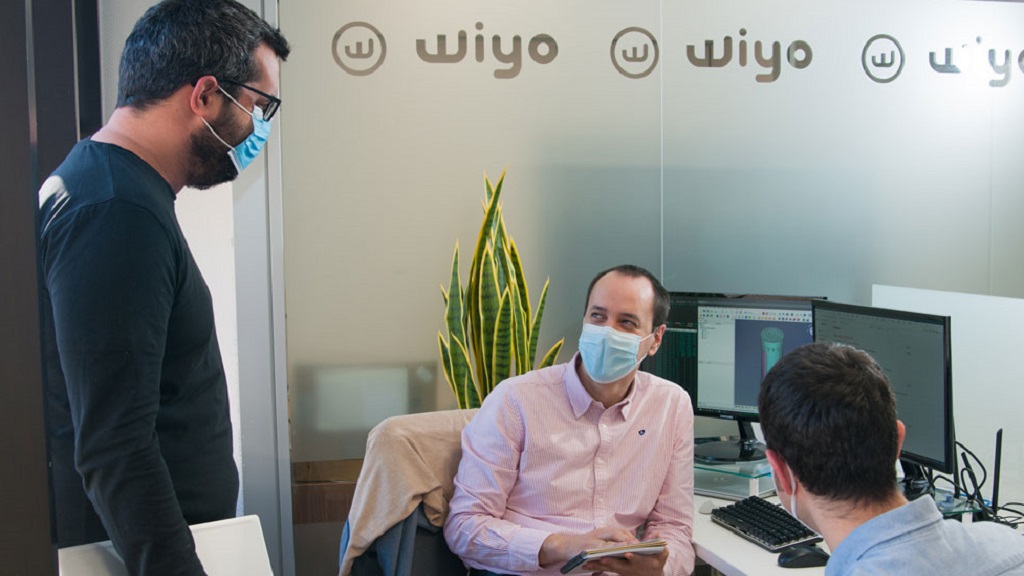
The Foundation for Knowledge, Madri+d, and the platform, Dealroom, have presented a report where the top rated startups in the Madrid community. In this they place Wiyo in second place and value it at 65 million euros.
The report corresponds to the fourth quarter of the year and analyzes the startups of energy and clean technology from the Madrid region. According to the information obtained, in Spain there are currently 674 startups in this sector, of which 23% are in Madrid, which corresponds to a total of 153.
In relation to the investments obtained, these businesses have received 12.7 million dollars so far this year. Also, this 2,900 new jobs have been created in the capital.
The study has qualified which are the best valued companies in Madrid. Wiyo, a company founded by Danny Moreno Levy and Patricia Fermin de Moreno, has obtained second place with a valuation of 65 million euros. The report indicates that it is the first platform to develop an IoT-based data provider system. It also praises its disruptive battery-free technology that only uses Wi-Fi.
In the first position is the photovoltaic Soto Solar -with 200 million euros-. They follow Wiyo- 65 million, Alga Energy -50 million-; Energy Solar Tech -40 million-; Beridi, ADEX and Ezzing Solar -25 million each.
A decarbonized Spain in 2050
Spain has proposed to achieve energy decarbonization by 2050. This challenge means making progress in alternative energies and an opportunity to generate employment and an increase in the economy. For this reason, it has become an ideal ecosystem for investment and growth of innovative startups in energy and efficiency issues that help achieve this goal.
The first phase of this objective is for 2030 when it is intended reduce the emission of greenhouse gases by at least 20% compared to the data from 1990. As well as, general at least 74% of electricity from renewable energy.
Likewise, it is also expected to guarantee that 35% of the final energy consumption comes from alternative sources and improve the country’s energy efficiency by 35%.
On the other hand, for the second phase that ends in 2050, the aim is to achieve full use of renewable energy and reduce emissions by 90%, as established in the Paris Agreement on Climate Change.



